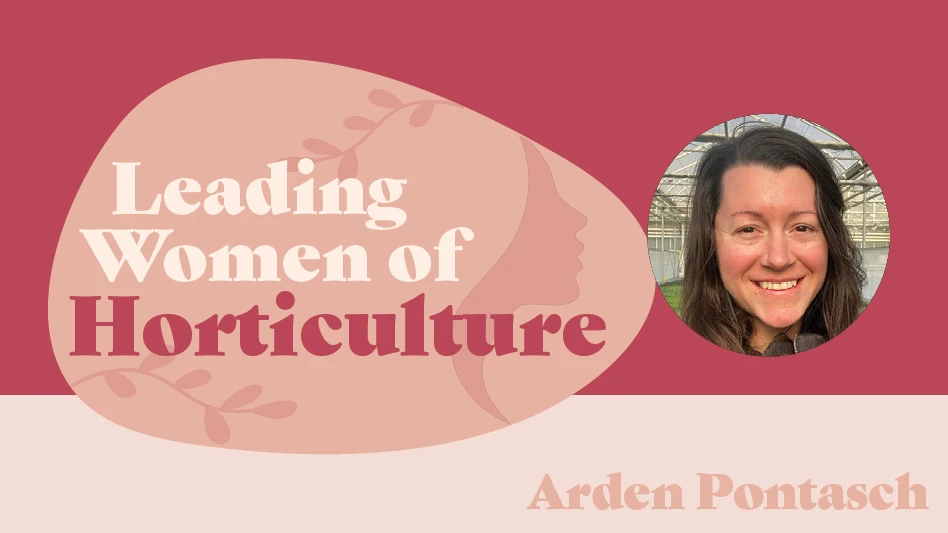
A recent study from RPA, a big-time marketing agency with a behavioral science unit, revealed that during the COVID-19 pandemic, not only have people’s behaviors changed, their psychology has, too. Which means brands (RPA studies brands, but the same thing could be said of products, such as plants) can help “people connect with others, feel empowered and tap into passions and purpose.”
RPA represents powerful brands such as Honda, Southwest Airlines and Farmers Insurance. (Admit it. You just sang the jingle. “We are Farmers. Bum bum bum bum, bum bum bum bum.”)
At this stage of the pandemic, the study suggests that brands — and our products — help people to “loop a habit.” The habit loop is a neurological loop that governs any habit and it consists of three elements: a cue, a routine and a reward. RPA notes a huge shakeup in product purchases and daily activities, and “more gardening” topped their list! Also on the list: more home cooking, more self-care and more all-family activities, all of which can and should relate to gardening. That’s quite the green-industry loop, eh?
To secure a powerful habit loop, RPA suggests communicating regularly, to think about new formats, consider longevity and make it easy.
Communication “When habits get disrupted, people engage in more conscious thought — e.g. thinking through options they may not normally consider. When you’ve already built a solid habit with customers, going silent creates a vulnerability.”
Just because gardening surged in popularity this year, don’t rest on your laurels. Keep talking about the benefits our products provide and keep engaging the end consumer. New formats Find “ways of ‘staying in the loop’ through social media challenges, livestream events or other efforts.”
For example, create a YouTube channel and fill it with how-to videos that your retail and landscape customers can share with their customers.
Consider longevity “Make sure habit loops can withstand continued shifts to people’s situations, and allow time for different patterns to take hold (typically about 4-6 weeks).”
This relates to the study’s first point, communication. Keep talking about plants, shrubs and trees. Your selling season may be short, but if you want to be part of that habit loop, you must make your marketing season much longer.
Make it easy “…the less effort and work that’s needed [to maintain the habit] from them, the better. Think about their current headspace and living situation.”
To keep gardening in people's habit loop, you’ve got to keep those social media channels brimming with tips, videos and photos.
To help people build new habits, RPA also says to “consider the rollout of habits and use rollout tactics that have been shown by behavioral research to help new habits take hold: Make it rewarding; connect it to existing habits; let people start slow and work up; give people some time; and adjust based on the audience.”
The authors also reveal that “habits that help people learn something new also help them to cope better with stress.”
Clearly, gardening is the ideal habit.

You can see the entire study here: rpa.com/marketing-in-anxious-times.

Explore the July 2020 Issue
Check out more from this issue and find your next story to read.
Latest from Nursery Management
- Trends: Proven Winners 2025 perennial survey shows strong demand
- Online registration opens for the 2025 Farwest Show
- Sustainabloom launches Wholesale Nickel Program to support floriculture sustainability
- Plant breeding as an art
- Society of American Florists accepting entries for 2025 Marketer of the Year Contest
- American Horticultural Society welcomes five new board members
- Get to know Christopher Brown Jr. of Lancaster Farms
- American Floral Endowment establishes Demaree Family Floriculture Advancement Fund







